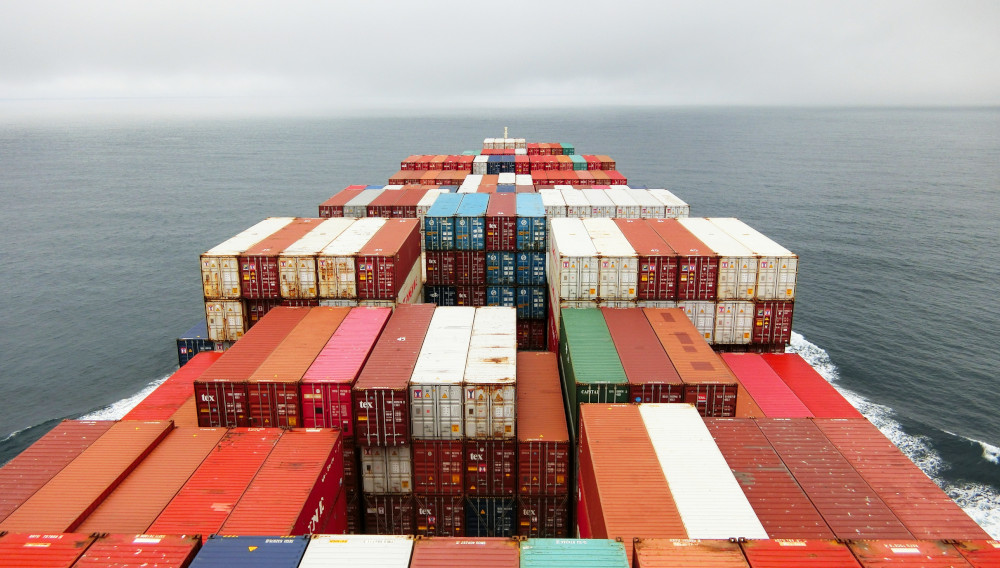China’s wine tariffs will hurt Australia’s vintners
Australia | For several months now, China has been using punitive tariffs in retaliation for criticism from Australia. Now Beijing has targeted Australian wine. Since the end of November, Chinese importers have to pay surcharges of between 107 percent and 212 percent. China’s demand for Australian wine is expected to almost completely collapse.
China accuses Australia of illegally subsidising its export wines (“dumping”), thereby causing Chinese winemakers “substantial harm”. The Australian government refuted the claims.
The People’s Republic is the main export market for Australian wine, worth about USD 1 billion in 2019. In the first nine months of 2020, one in three bottles of wine exported went there. Hundreds of Aussie winemakers are now sitting on unsellable wine.
Following the announcement, Treasury Wine Estates, one of the world's largest wine producers (Penfolds, Bass), saw its share price slump more than 13 percent.
Stepping up pressures
Despite the recent free trade agreement (RCEP) between China, Australia and a dozen other Asian countries, relations between the two countries have recently deteriorated sharply. After Australia called for clarification on how the covid-19 outbreak occurred, Beijing took this as an opportunity to boycott Australian beef.
Next, Australian barley was penalised with a tariff of 80.5 percent. Finally, in June, Beijing urged its students to avoid Australia as a place of study – a potential loss of AUD 16 billion (USD 12 billion) for the universities there.
Incidentally, Australian iron ore exports to China, which were worth more than AUD 60 billion (USD 45 billion) in 2019, have so far been spared punitive tariffs.

